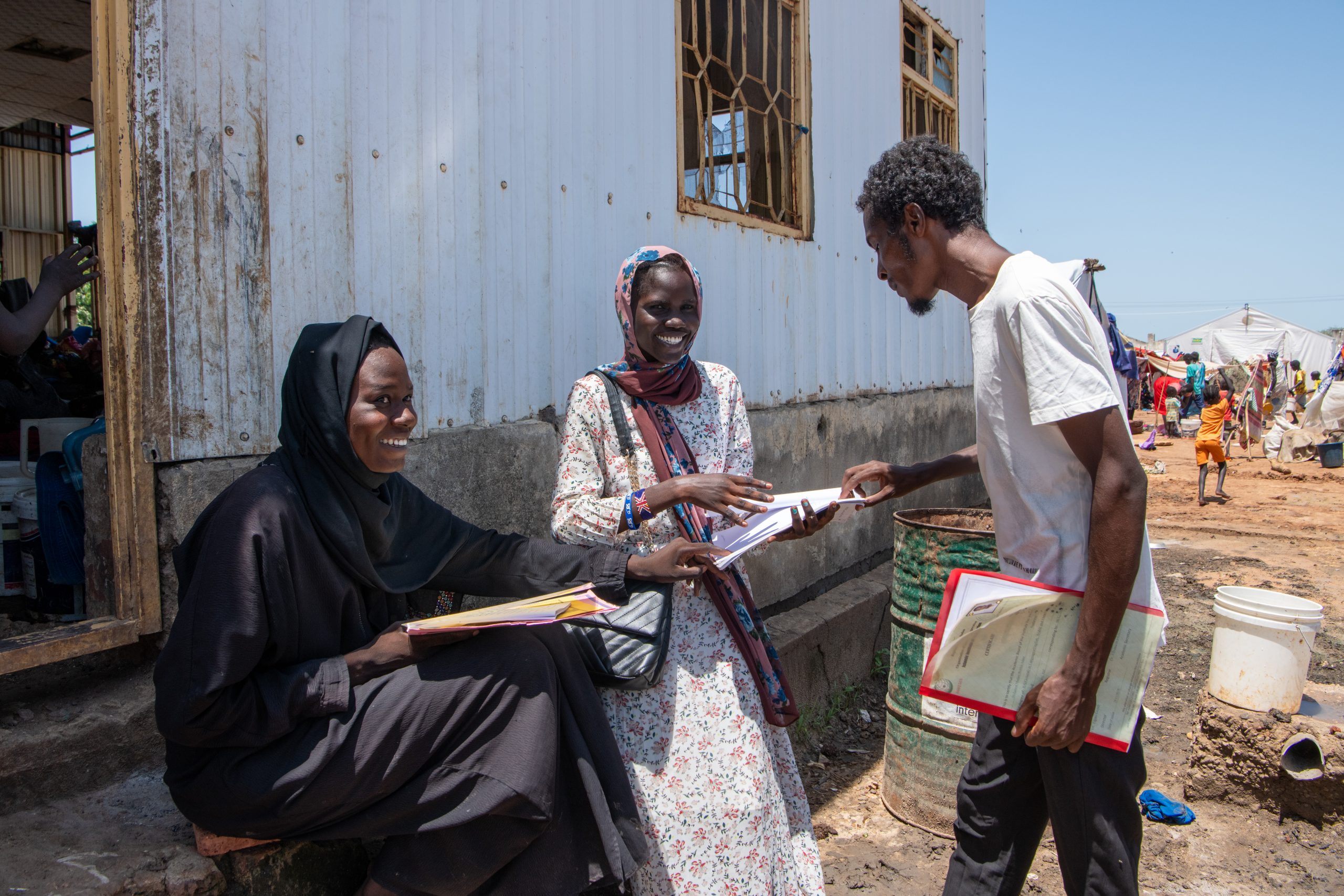The Course presents the key aspects of international protection and refugees’ rights. The topics covered range from the analysis of International Refugee Law and its complementarity with other bodies of law to the international protection principles and the different participative protection approaches. This analysis has at its heart the specific protection needs of refugees and includes different focus areas such as protection at sea, trafficking and smuggling, detention and alternatives, and the nexus between protection and development. The causes that force people to flee, the protection risks encountered through the displacement cycle, and the search and implementation of durable and sustainable solutions are also examined. Additional displacement issues are further analyzed, covering the protection of other categories of displaced persons. The Course is conducted in light of the developments generated by the international responses, including the Global Compact on Refugees. This course will also include sharing of experiences from participants, including Governments as well as people with lived experience of displacement.
The Course is developed primarily to benefit senior and mid-level government officials involved in the formulation and application of legislation and policies affecting people in need of protection. Members of the civil society and the academia who could positively influence the safeguarding of refugees’ rights and advocate for the protection of uprooted and stateless persons are also welcomed as participants.
It is important for participants to have a very good knowledge of the language of the Course, in order to be able to consult background materials, attend lessons, and participate in group works and discussions (no simultaneous translation is available)
The Online Course is structured in four weeks, with the objective of providing an in-depth analysis of the subject of the training, including cross-cutting issues.
Weeks are composed of two to three live sessions and a self-paced sessions:
The Course strikes a balance between theory and practice and is delivered through a participatory and creative teaching methodology aimed at facilitating the learning process and implementing the knowledge gained throughout the training. Sessions include lectures, presentations, case studies, group work, audio-visual support, and other activities that respond to the various learning styles of a diversified audience.
Throughout the training, participants and expert facilitators are encouraged to share best practices and experiences regarding the main topics and issues of the Course.
The Sessions will be delivered by experts working in the field of refugee protection, members of academia, or persons with lived experience, especially from RLOs, from around the world.
